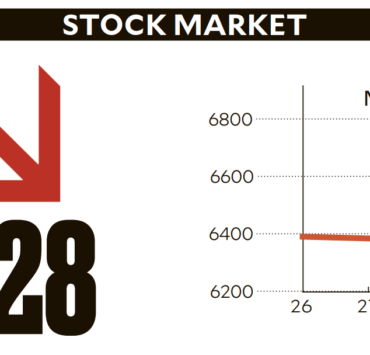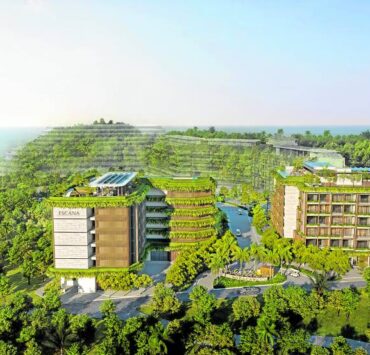Global icons of enduring real estate

Some properties gain fame due to their location. Others earn acclaim through design or scale.
But what defines the world’s most revered real estate developments is something more profound—the deliberate fusion of legacy, leadership, and vision.
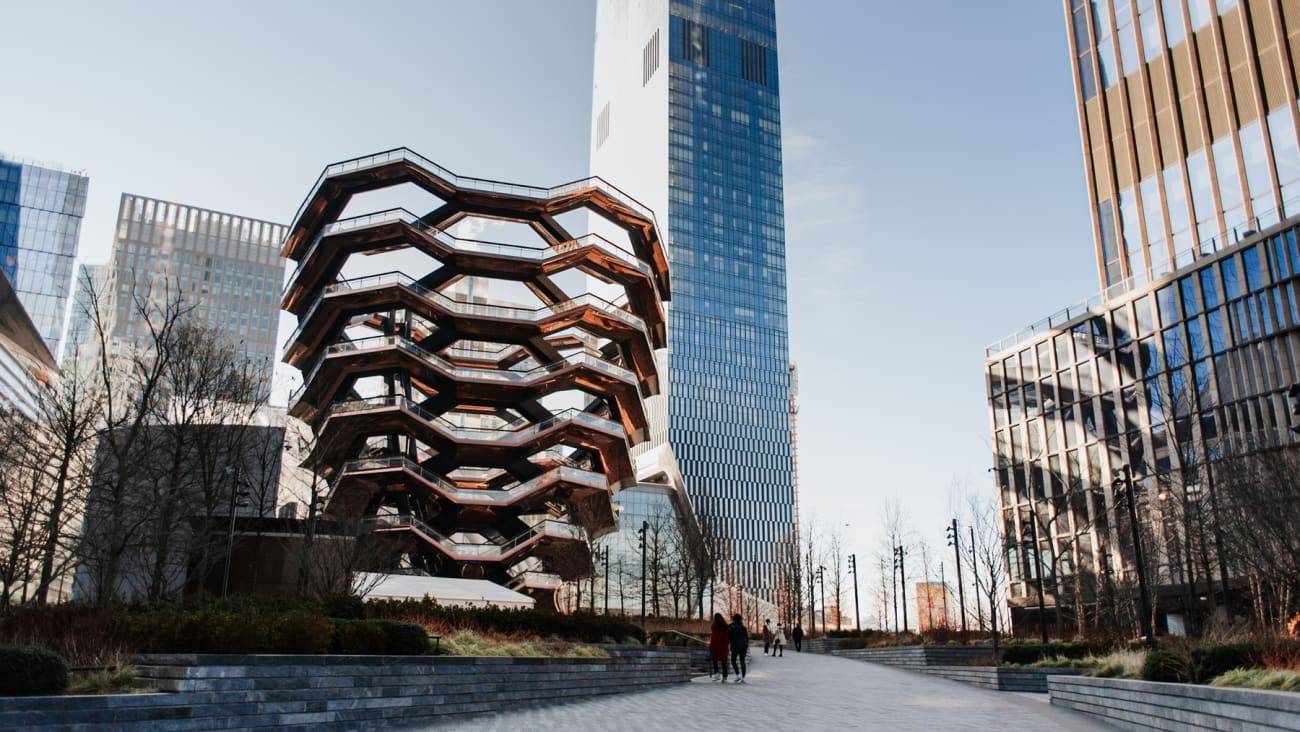
Identity begins with storytelling
Hudson Yards in New York transformed a former rail yard into a symbol of urban renewal. The Bund in Shanghai recalls the city’s cosmopolitan heritage. Marina Bay Sands redefined Singapore’s skyline with its daring silhouette and integrated lifestyle. The rise of Downtown Dubai, with the Burj Khalifa at its center, tells the story of a city that dares to dream big.
These places reflect the ambitions of their cities and the cultural pulse of their people. Storytelling, when embedded early in design and programming, becomes the unifying language that attracts investors, tenants, tourists, and policymakers alike.

Quality rooted in craft and detail
In Dubai, the meticulous execution of Emirates Hills and the hospitality refinement in Madinat Jumeirah show how rigorous attention to detail can support a destination brand.
Emirates Hills, often referred to as the “Beverly Hills of Dubai,” introduced gated villa communities with golf course views, bespoke architecture, and curated landscaping. Its success stems from tight architectural controls, low density, and a deliberate strategy to attract high-net-worth individuals from around the world.
Madinat Jumeirah complements this residential luxury with a resort-like district that echoes traditional Arabian architecture while integrating hospitality, retail, and leisure into a walkable and themed environment.
In contrast, many fast growing markets favor quantity over soul. The obsession with maximizing floor space or achieving rapid sales cycles can dilute the possibility of cultivating a lasting brand.
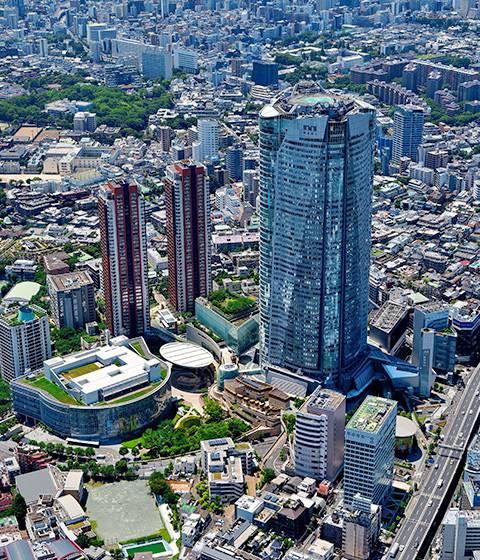
Capital that thinks generationally
Mori Building Company reshaped Tokyo’s urban core through projects like Roppongi Hills, building cultural and economic ecosystems that integrated museums, offices, residences, and public amenities. These efforts were strategic and backed by capital that understood the importance of legacy.
Developers who think generationally institutionalize governance models through private trusts, holding companies, or long term land leases to safeguard vision and asset integrity. They establish strict architectural controls and enduring programming standards that remain consistent through shifting market conditions.
Infrastructure is designed with the future in mind, anticipating shifts in mobility, energy, digital systems, and human behavior.
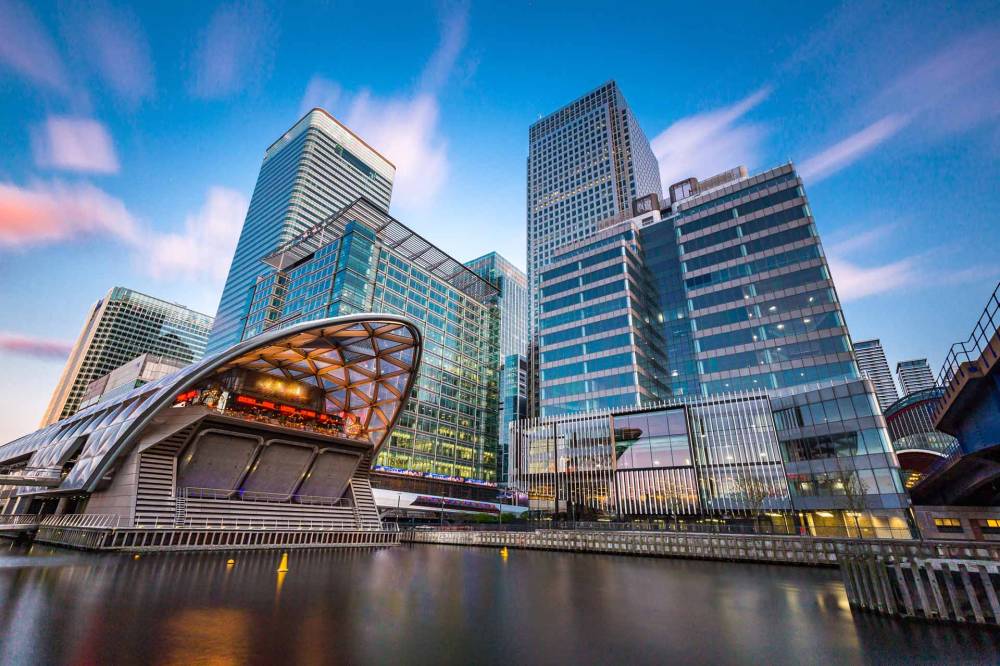
Alliances that build ecosystems
World-class developments emerge from strategic collaboration.
Canary Wharf in London involved partnerships between government, finance, infrastructure, and foreign investors.
In the Philippines, a similar networked approach can flourish. By coordinating with transport agencies, educational institutions, tourism councils, and global investors, developers can build ecosystems that endure beyond market trends.
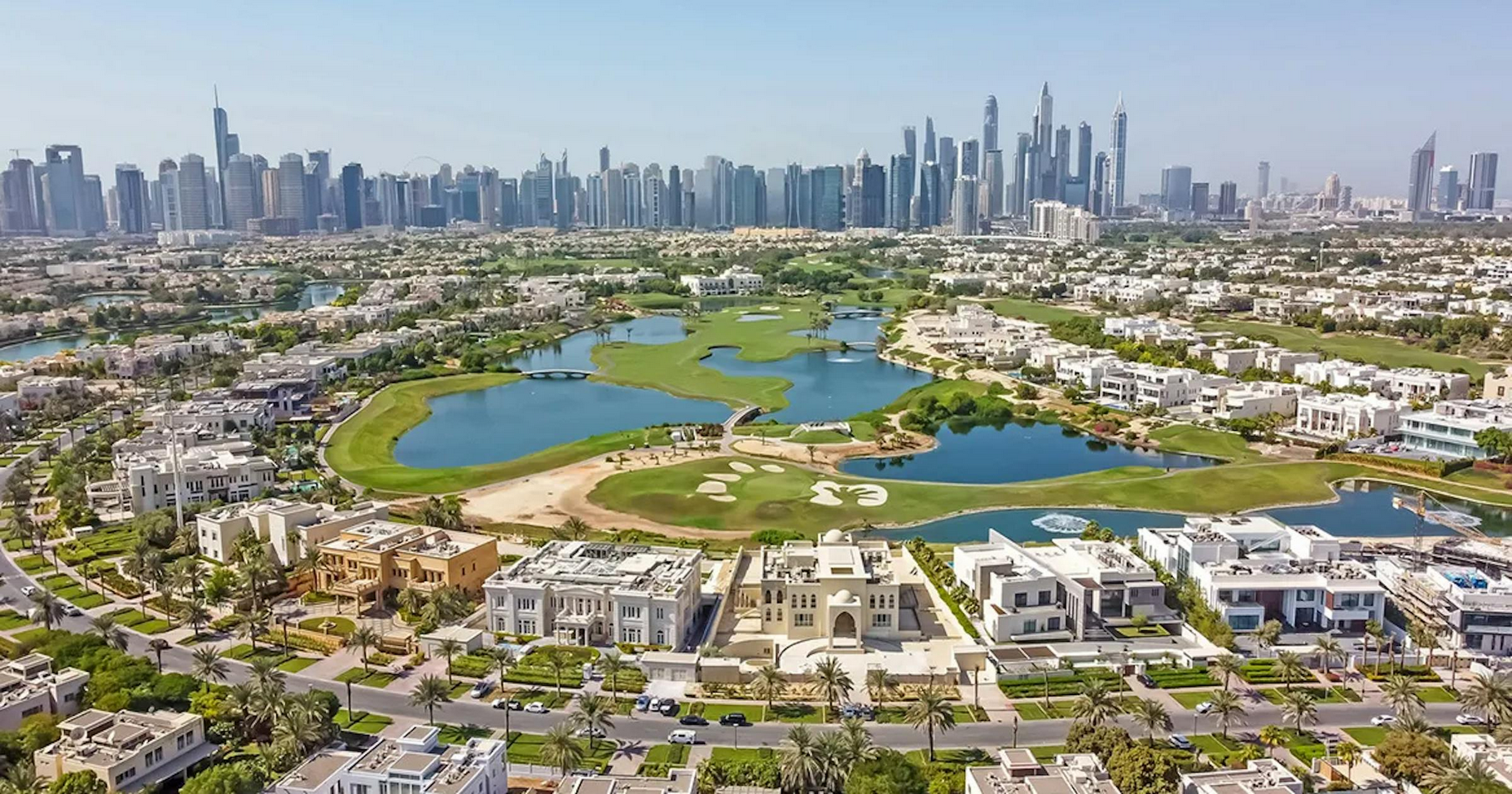
Public space as civic DNA
Parks, galleries, plazas, and waterfronts are essential anchors. They hold meaning, memory, and identity for the people who live, work, and visit.
Developers can take it a step further by engaging local artists, incorporating history, and reimagining open spaces as a gift to the city.
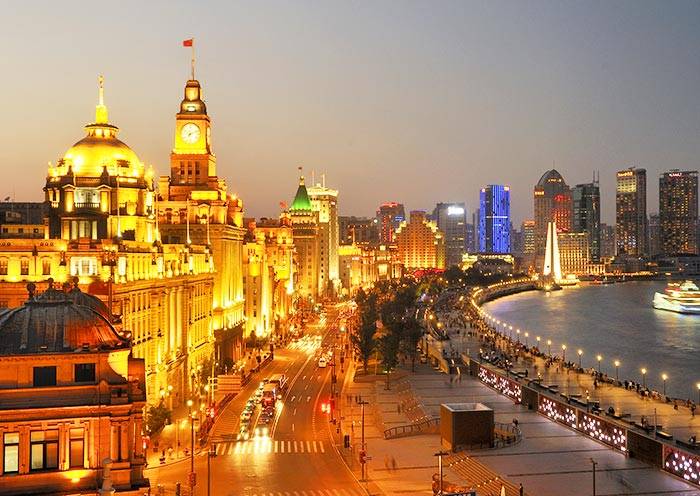
Leading, not following
Enduring development shifts the city’s rhythm. Filipino developers aspiring to this league must ask what future their projects want to shape.
The most meaningful developments come not from reacting to the market but from challenging it.
The author (www.ianfulgar.com), is a leading architect with an impressive portfolio of local and international clients. His team elevates hotels and resorts, condominiums, residences, and commercial and mixed-use township development projects. His innovative, cutting-edge design and business solutions have garnered industry recognition, making him the go-to expert for clients seeking to transform their real estate ventures














